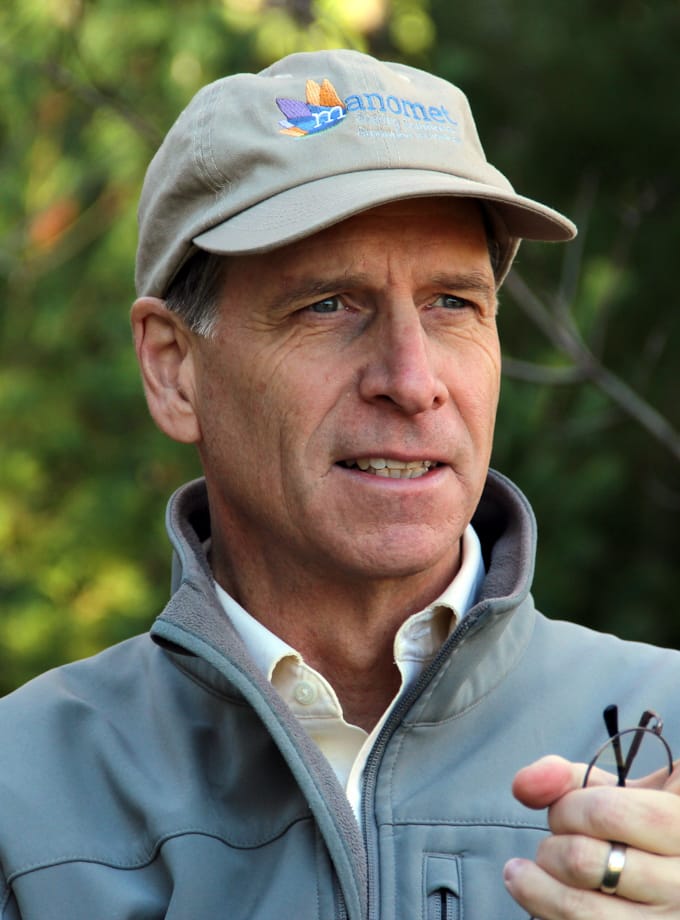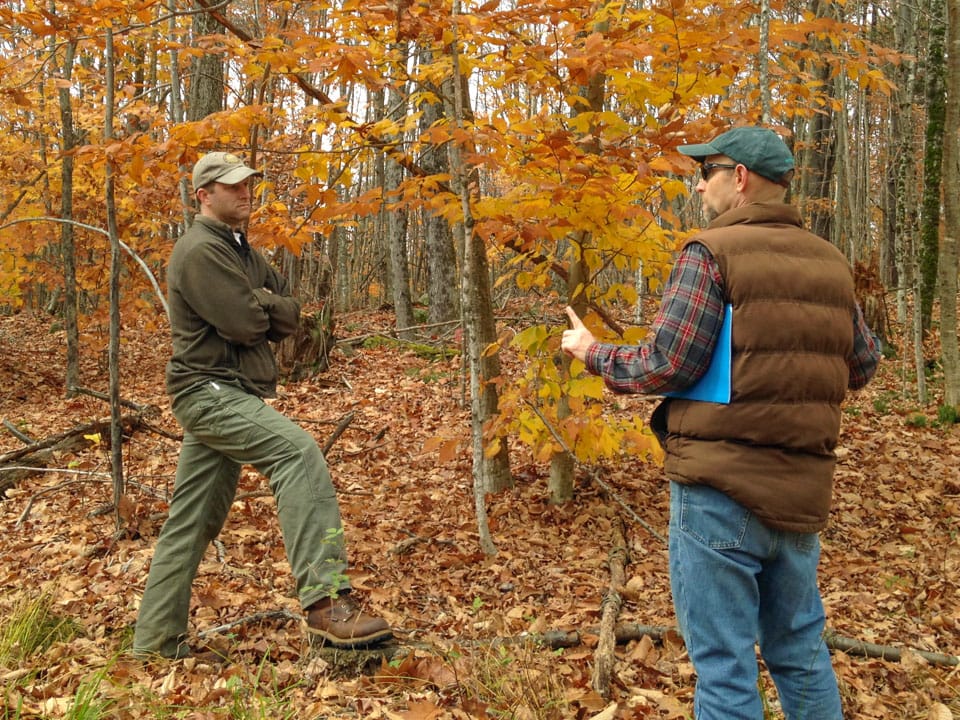Dear Manomet Friends,
This past October 8 the Nobel-winning Intergovernmental Panel on Climate Change (IPCC) issued yet another of their clinically sobering climate reports. With a cosmic exclamation point, two days later, hurricane Michael exploded in a matter of just hours into a Category 4 hurricane with 155 mph winds and slammed into the Florida panhandle. In terms of barometric pressure, it was the third most intense hurricane to make landfall in U.S. history.
We all know hurricanes aren’t caused by climate change, but they are “amped up” by the slightly-warmer ocean over which they form today. It matters, because the relationship between wind speed and damage is not linear. A Category 4 hurricane like Michael produces, on average, five times the damage of a Category 3 hurricane. Climate change is an expensive proposition—in property and in lives.
What I found so interesting about the latest IPCC report, besides the numbers, was a conclusion buried deep in the report. The authors said our challenge with climate change is not technical. It’s social. We have the knowledge to solve climate change today. We just lack the social will to do so.
Ponder that thought, because it explains what Manomet is up to.
In this issue of our magazine we talk about how we’re “activating” the timber industry in the U.S. to be climate leaders. We need the timber industry to lead. The sector owns vast amounts of the North American landscape and has the workforce in place right now to manage forests so they remain healthy and resilient given the rapidly changing climate.
In just four years, our Climate Smart Land Network (CSLN) has grown to cover 33 million acres of North American forest, including the single largest private landowner in the U.S.—Weyerhaeuser. If you want to prepare the North American landscape for climate resilience, cost-effectively, engage the timber industry.
That’s exactly what Manomet is doing with the CSLN—we’ve grown the social will to address climate change. We’re doing what the IPCC says needs to be done. The forestry industry is now stepping up to the plate as a climate leader. That’s scaling impact. That’s building the social force it will take to solve a problem as big and complex as climate change.
Manomet takes the same approach in all our programs. We build the social will for solving climate change, for shorebird conservation, for agriculture sustainability—and usually with unlikely partners, such as the timber industry. Why? Because we need them. We cannot create a sustainable 21st century without them.





 Back to all
Back to all

